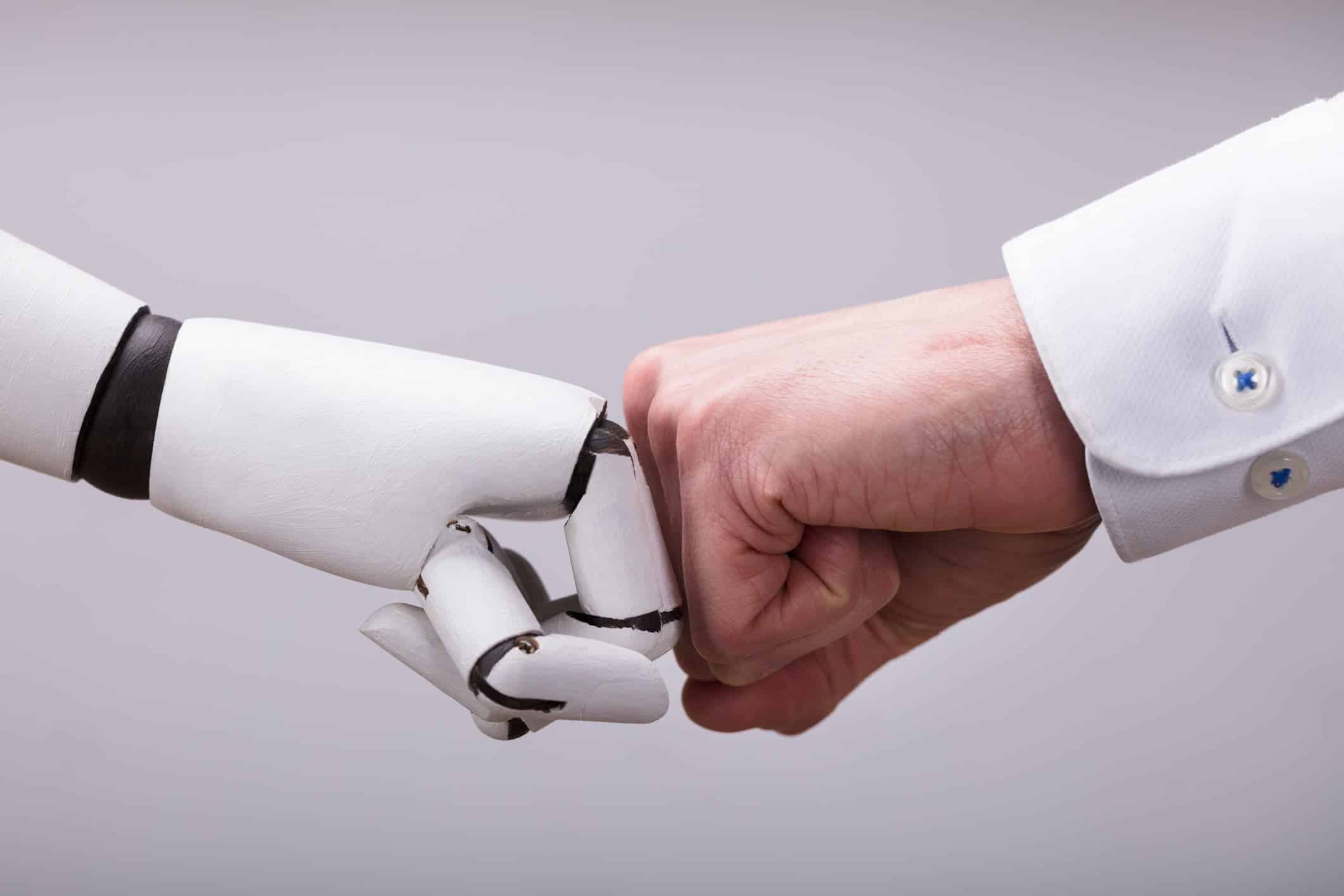In 1965 NASA found itself justifying why it was sending humans into space and not just computers. That's right, the question was "why do you want to send people and not computers?".
The official response was wonderful: “because man is the only low-cost, £150, non-linear, multi-purpose computer that can be mass-produced by unskilled labour”. And today, with the advent of artificial intelligence, what would be the answer?
Today our smartphone has about a million times the computing power of Apollo 11's onboard computer (yes, really), yet the answer on humans would still be the same. The words to underline once again are “computer” and “multipurpose”.
Artificial intelligence systems I am already able to solve highly specialized tasksi (how to detect breast cancer on X-ray images much better than humans ever can) because they are very specific tasks that can be done in a controlled environment. Not only. Take “robot journalists,” for example. Today they already automatically generate news articles. These types of highly specialized jobs could see the greatest decline if they don't add a robust dose of creativity.
Jobs that require physical activity are already much more difficult to automate entirely, because the real world has an almost infinite number of variables. For example, Tesla factories are highly automated, but humans are still seen in some part of the manufacturing process. They “click” on the car's dashboard in the metal frame. Why? The plastic dashboard flexes slightly during handling, making the result unpredictable. At some point, however, AI will also reach the illustrious dashboard managers and they too will be out of a job.
What jobs remain?
That leaves jobs like nursing, entertainment and… hairdressing. We've come to the last unpredictable variable: we can automate many parts of the process, but “playing” humans is incredibly complex. Because we are incredibly complex.
In basic decisions like choosing which shirt to wear in the morning, we draw on an enormous wealth of experiences stored in our brains, which we collect and express unconsciously. Until we have a complete understanding of the human mind and can all agree on a common moral code, we simply cannot let AI make decisions.
An example of “mixed artificial intelligence”
FruitPunch AI uses “mixed” intelligence education to teach students around the world to think. It harnesses the power of both artificial intelligence (optimization in a pre-defined environment) and humans (holistic decision-making) to solve some of humanity's greatest challenges: the United Nations Sustainable Development Goals. Find out more about: https://fruitpunch.ai/join.
The basic ability in all these difficult or impossible to automate jobs is to make decisions based on the full and rich context of the real world. This is based on a complex understanding of the interaction between things and our ability to deal with changes flexibly. Even though it might not seem that way when you're talking to a slightly retrograde uncle (and a touch racist, let's be honest) we are all masters of change. Without significant physical adaptation, we humans went from picking berries on the savannah to sending people to the moon. If that doesn't give you faith in humanity, I don't know what will.


